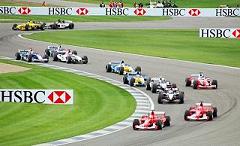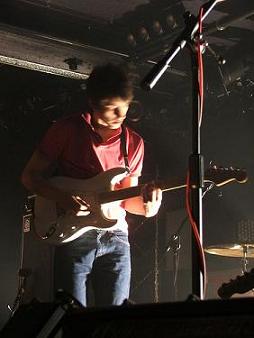A hundred years ago, children in schools were taught about heroes and heroines. They were people to be admired. They had shown bravery and courage, or devotion and compassion. They were selfless, sometimes unassuming, sometimes talented and brilliant. They were often people who had made Britain great in the days of the Empire. Admiral Nelson, David Livingstone, Grace Darling, Clive of India, Hereward the Wake, Florence Nightingale, Queen Elizabeth I, General Wolff, Isaac Newton, the Black Prince, Isambard Brunel, the Duke of Wellington, Boadicea (not called Boudicca in those days), Oliver Cromwell, William Shakespeare, the Duke of Marlborough…..
In books and children’s magazines they were built up as the role models for children to emulate, and their faults were usually overlooked. It is not clear whether children actually chose to model themselves on them. The nationally accepted values implicit in the choice of heroes and heroines did have an impact though. Millions of soldiers went to the First World War and behaved heroically because they felt it was their duty and they did not want to let their companions down. Tens of thousands went to the colonies as teachers, doctors and missionaries in order to be of help.
So, who are the role models for children now? David Beckham? The Arctic Monkeys? Lewis Hamilton? Ricky Gervais? The Spice Girls? These may or may not be children’s role models, but what are the values implicit in those who are actually chosen? What impact do they have on children? What do they suggest about the nature of today’s society?
Perhaps more worrying than the icons on offer is the current fashion in the media to destroy everyone who is prominent. Having built people up, the media then do their best to hunt for the ‘feet of clay’, expose the foibles and faults of the past, and break people down. Whether they are members of the Royal Family, politicians, athletes or TV personalities, there is often an attempt to major on their failures, rather than celebrate their successes and strengths. The result is a negative and damaging culture, potentially hurtful to anyone who achieves prominence.
Heroes in the past were often literally put on pedestals and may have seemed very distant from the children in the street. Their heroes have often been fictional – Biggles, Batman and Spiderman, – obviously not to be copied.
 Do we need heroic role models at all? Are we content with the role models closer to home? – parents, relatives, teachers, others whom children and young people know and respect? Are we now more realistic about people’s fallibility, strengths and weaknesses? Are we content with them, “warts and all”, without needing heroes and heroines?
Do we need heroic role models at all? Are we content with the role models closer to home? – parents, relatives, teachers, others whom children and young people know and respect? Are we now more realistic about people’s fallibility, strengths and weaknesses? Are we content with them, “warts and all”, without needing heroes and heroines?
Or do we need a national culture which respects achievement of 21st century heroes and heroines, and which urges children and young people to adopt their values and see them as role models? Nelson Mandela, Vaclav Havel, Jane Tomlinson, John Sentamu …..

